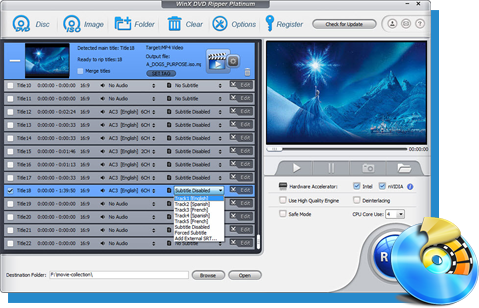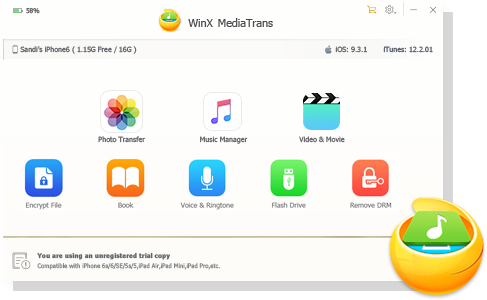NTFS vs FAT: Comparison and Difference Between NTFS and FAT (32) File Systems
What's the difference between NTFS and Fat (32)? Which one is better when formatting a hard drive?
I'm planning to re-install my Windows system and install a new hard drive. The OS asks me to partition and format the drive using a file system, options are NTFS, FAT32 and exFAT. I really have no idea which one I should choose, what are the differences between NTFS and FAT (32)?
Differences between NTFS and Fat (32)
Definitions of NTFS and FAT
NTFS: refers to New Technology File System developed by Microsoft in 1993. NTFS is the default file system of Windows NT family and fully compatible with Windows system from Windows NT 3.1/XP up to Windows 8. NTFS has several technical improvements over FAT, such as improved support for metadata, and the use of advanced data structures to improve performance, reliability, and disk space utilization, plus better security and file system journal.
FAT: short for File Allocation Table, is also a computer file system structure created in 1977 which is simple and robust but cannot deliver the same performance and reliability as some modern file systems. It is used in older Windows OS, including Windows 95/98.
Comparison and Differences Between NTFS and FAT
1. NTFS provides better security over FAT32. You can set permissions and encryption to restrict access to specific files, while anyone who has access to your computer can read any file if you use FAT file system.
2. FAT 32 also has size limitations. You can't create a FAT32 partition greater than 32GB and FAT32 doesn't support storing a file larger than 4GB while NTFS maximum file size is 16EB. Check the detailed FAT32 file size limit >>
3. NTFS performs excellent recoverability with its journal system. FAT32 isn't a journaling system.
4. Hard drive formatted in NTFS is tested faster than FAT32.
Which is Better When Formatting a Hard Drive?
In conclusion, you will win some and lose some with either choice. If you are planning to use a mixed OS environment to occasionally exchange files from Windows to Mac or Linux, or need access to DOS and the old Win9x, FAT is the preferred choice. If you just need a standalone Windows system and need support for files more than 4G in size and require security management, NTFS is the best choice. To sum up, NTFS is more secure, and supports larger file sizes and hard disks and drives.
















